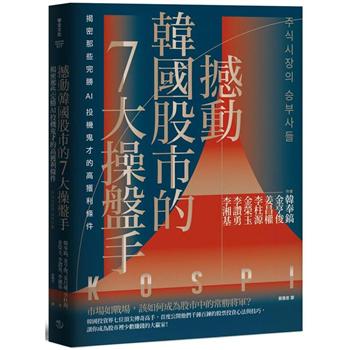History and Ethnology, penned by William Halse Rivers Rivers, delves into a rich tapestry of cultural practices and historical analyses. Originally published in 1922, this work provides insights into diverse subjects ranging from the cultural landscape of Indonesia to the intricacies of Anglo-Saxon language influences. The book explores various ethnological themes, including patrilineal structures, burial practices such as mummification and inhumation, and the societal roles of traditions like kava consumption.
Rivers draws upon a wide range of sources, including collections from the John Rylands Library and research conducted at Manchester University, to present a compelling overview of social and cultural evolution. From the districts of Scotland to the broader British Isles, this volume offers a fascinating glimpse into the historical weft of human society. This book remains a valuable resource for scholars and enthusiasts interested in the intersection of history and ethnology.
This work has been selected by scholars as being culturally important, and is part of the knowledge base of civilization as we know it. This work was reproduced from the original artifact, and remains as true to the original work as possible. Therefore, you will see the original copyright references, library stamps (as most of these works have been housed in our most important libraries around the world), and other notations in the work.
This work is in the public domain in the United States of America, and possibly other nations. Within the United States, you may freely copy and distribute this work, as no entity (individual or corporate) has a copyright on the body of the work.
As a reproduction of a historical artifact, this work may contain missing or blurred pages, poor pictures, errant marks, etc. Scholars believe, and we concur, that this work is important enough to be preserved, reproduced, and made generally available to the public. We appreciate your support of the preservation process, and thank you for being an important part of keeping this knowledge alive and relevant.












